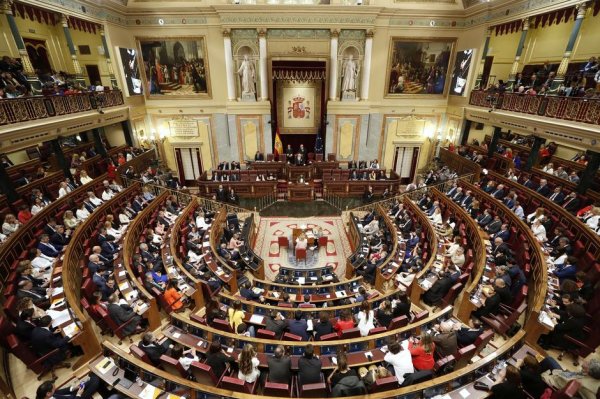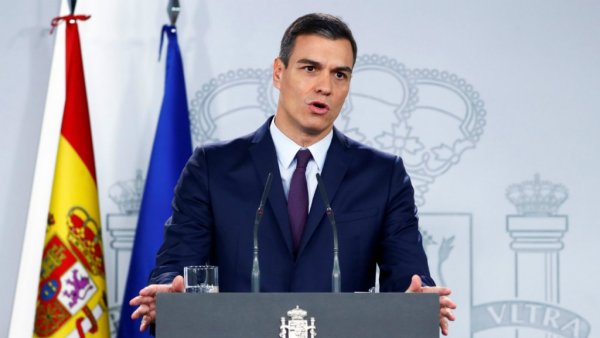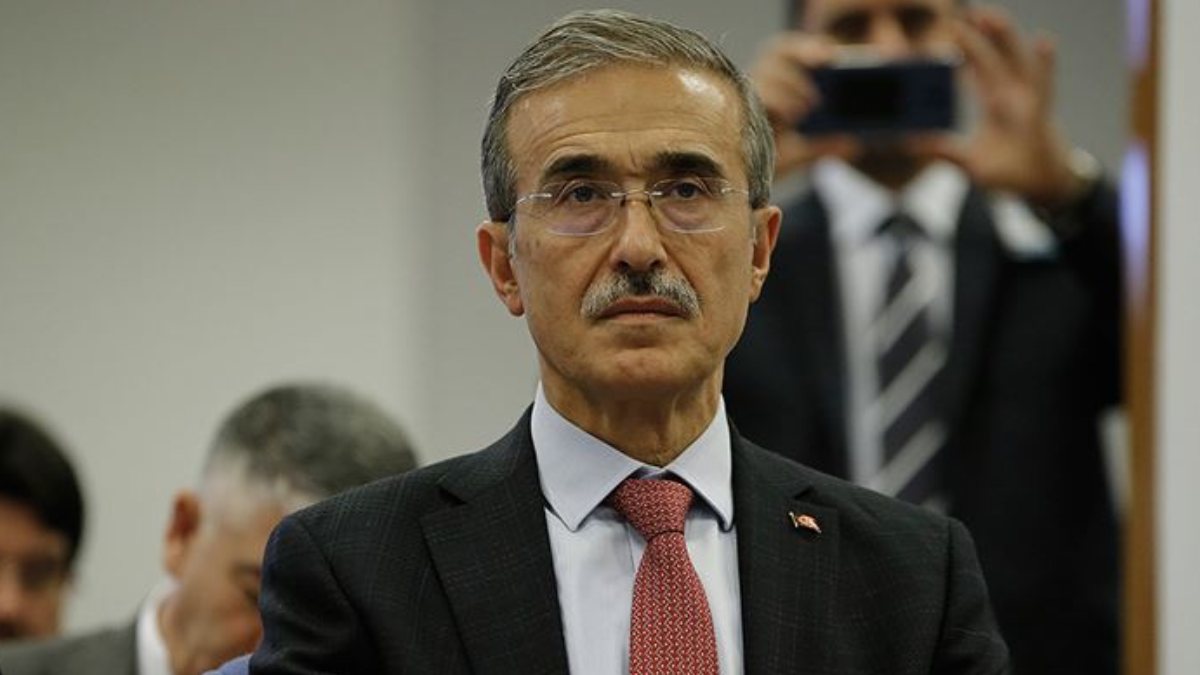Nearly 10 weeks after Spain’s national elections, the country’s acting Socialist government has given itself a deadline to form a functioning government.
NEW GOVERNMENT WORKS
The government announced Tuesday that on July 23, parliament will vote on whether acting Prime Minister Pedro Sanchez will become Spain’s confirmed leader. If Sanchez is unable to secure an absolute majority, a second vote will be held on July 25, in which Sanchez will need only a simple majority more “yes” votes than “no” votes to form a government.
If Sanchez fails to muster up the parliamentary support required in July, he will have two months to either secure the votes or call new elections, which would be held in November.

Although Sanchez’s Socialist Party came out a winner in last April’s elections, it fell far short of winning the majority. Of the parliament’s 350-seat assembly, the Socialists won just 123 seats.
The obvious ally of the Socialist Party is the farther left party Podemos. However, Podemos is demanding to form a coalition government with the Socialists, which Sanchez has so far refused.

“Spain needs a government as soon as possible to continue advancing toward equality, a fair ecological transition, digitization and a stronger European project,” Sanchez tweeted on Tuesday after the announcement was made.
The move to set a time limit on forming a government is likely to put pressure on Podemos and other parties that are negotiating with the Socialists to either abstain or support the party. Spain’s main right-wing parties the Popular Party, Vox and Ciudadanos have all stated that they will vote against Sanchez.













